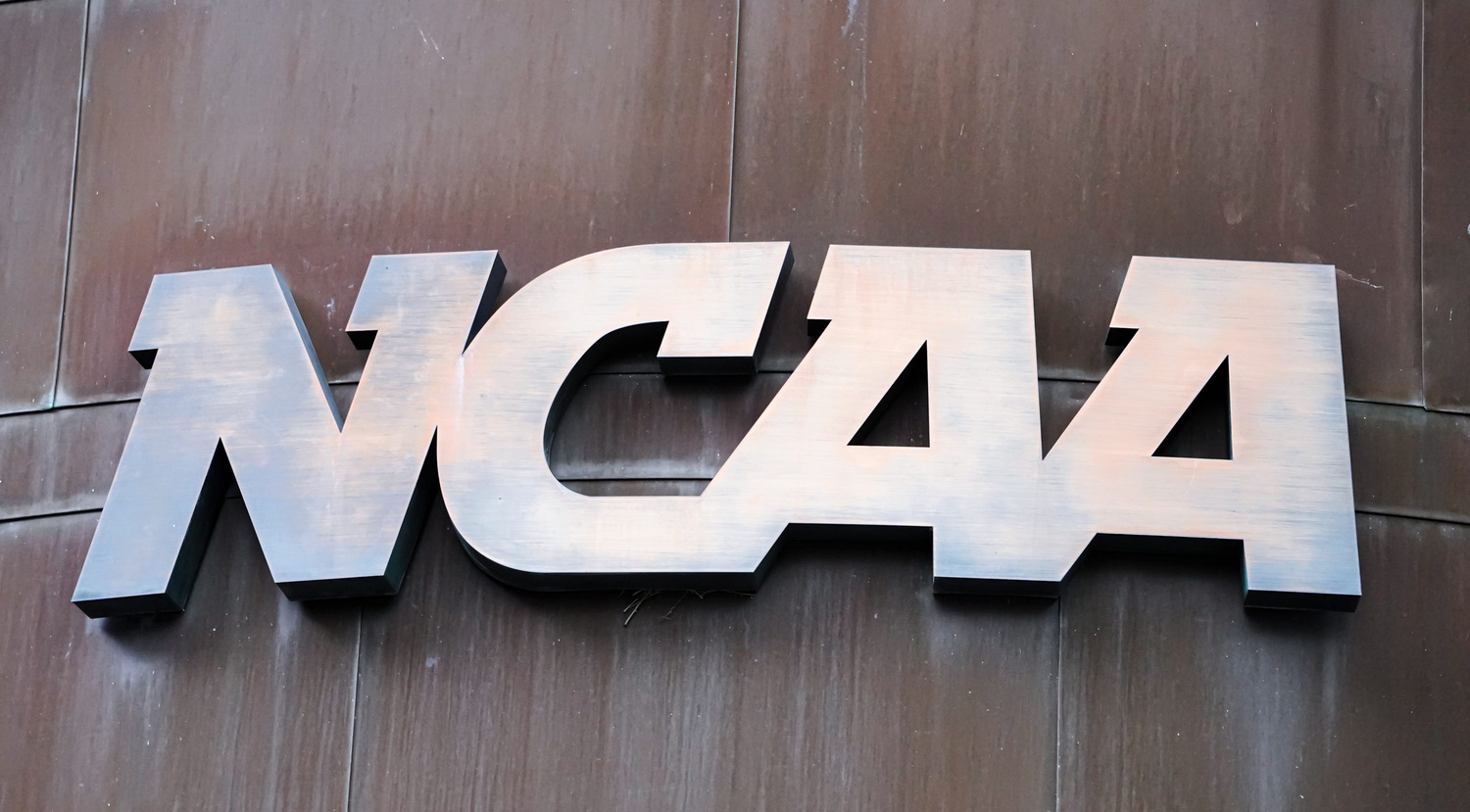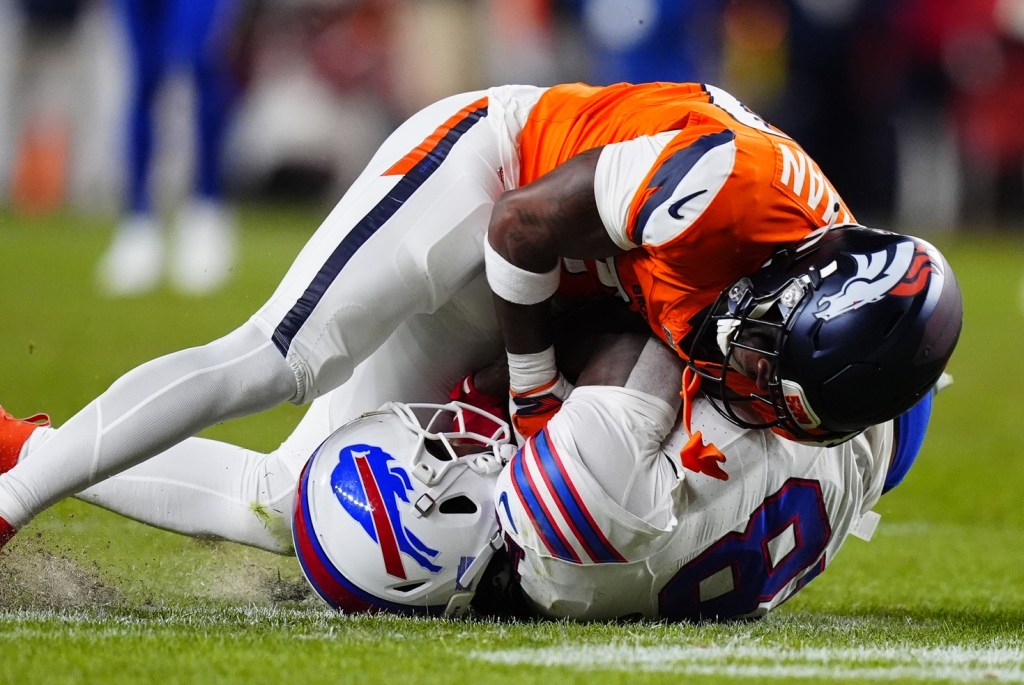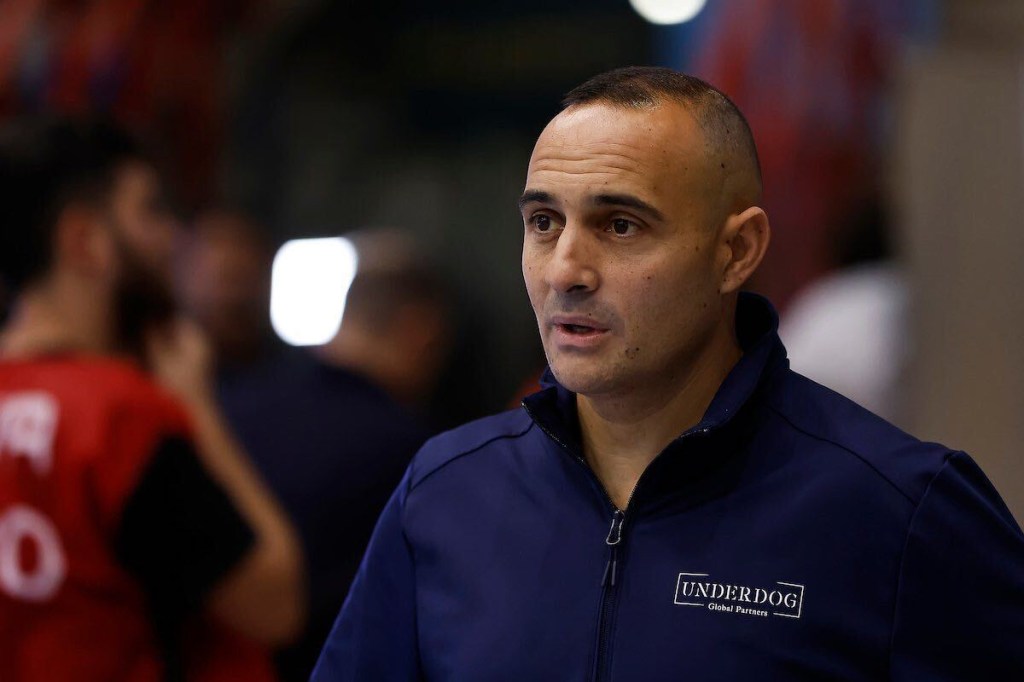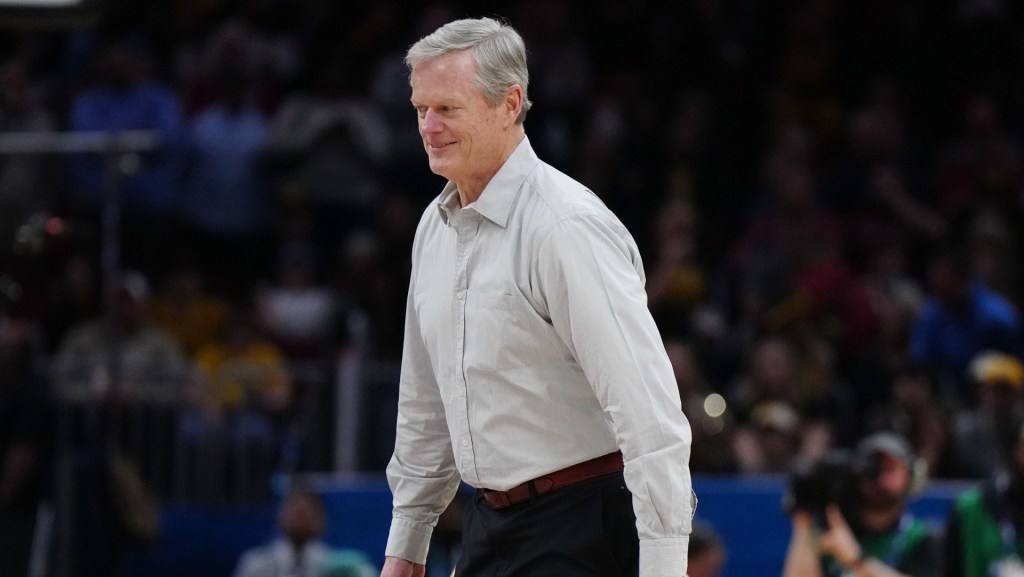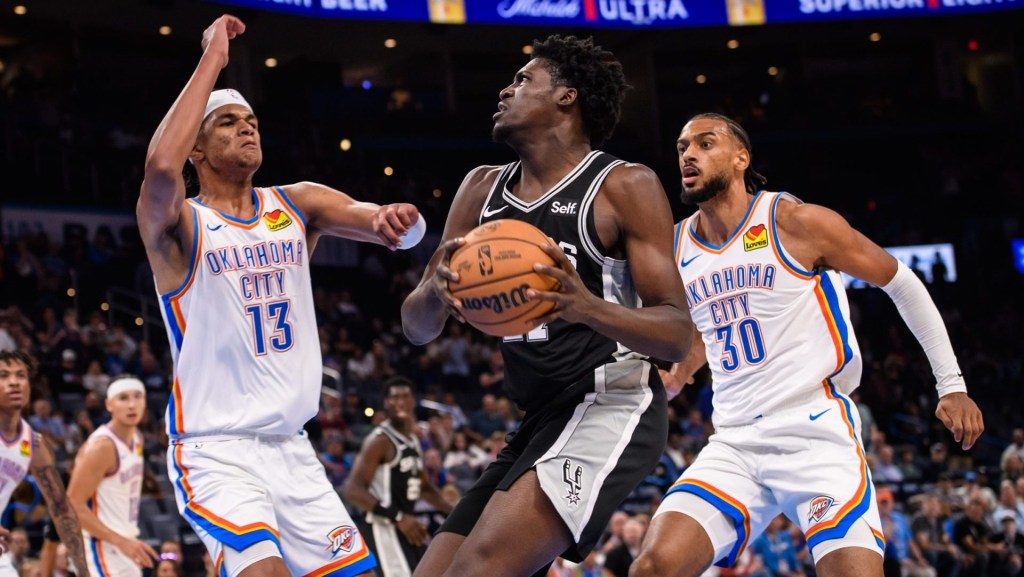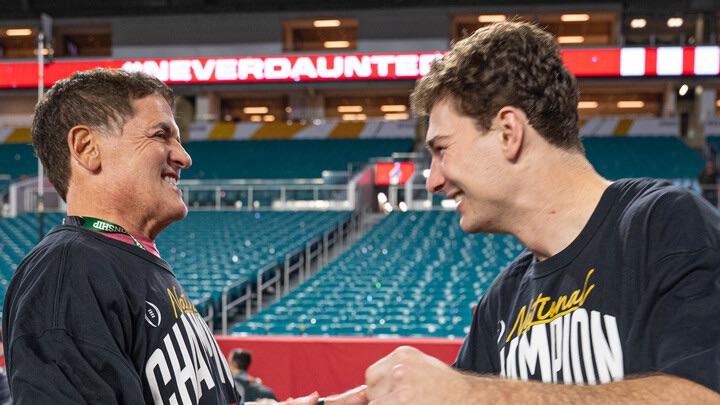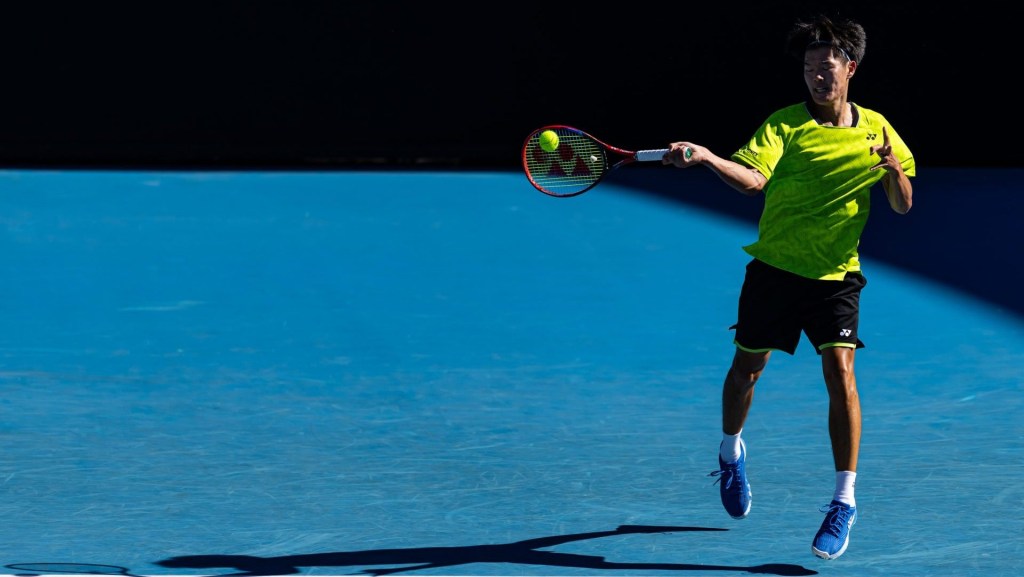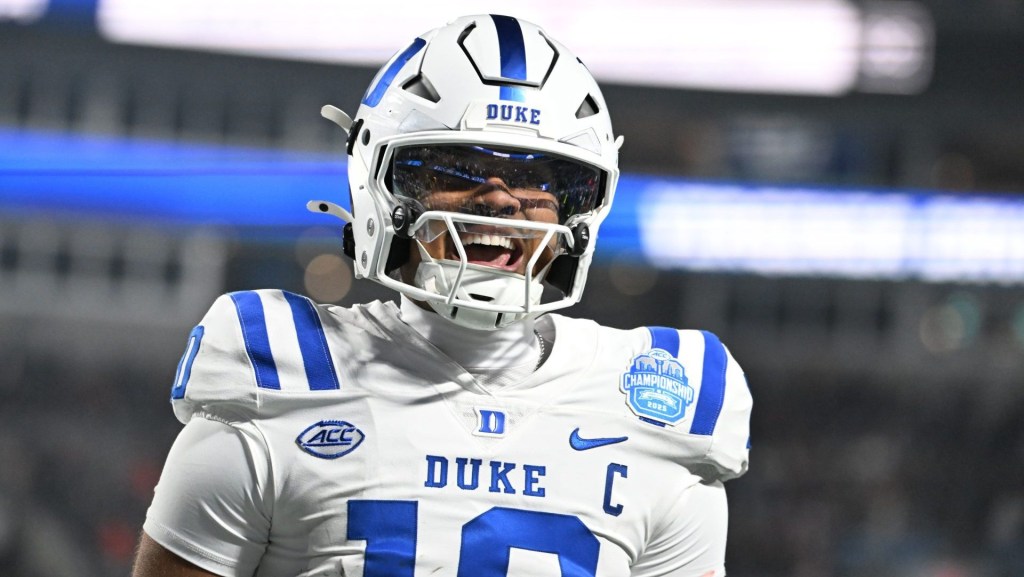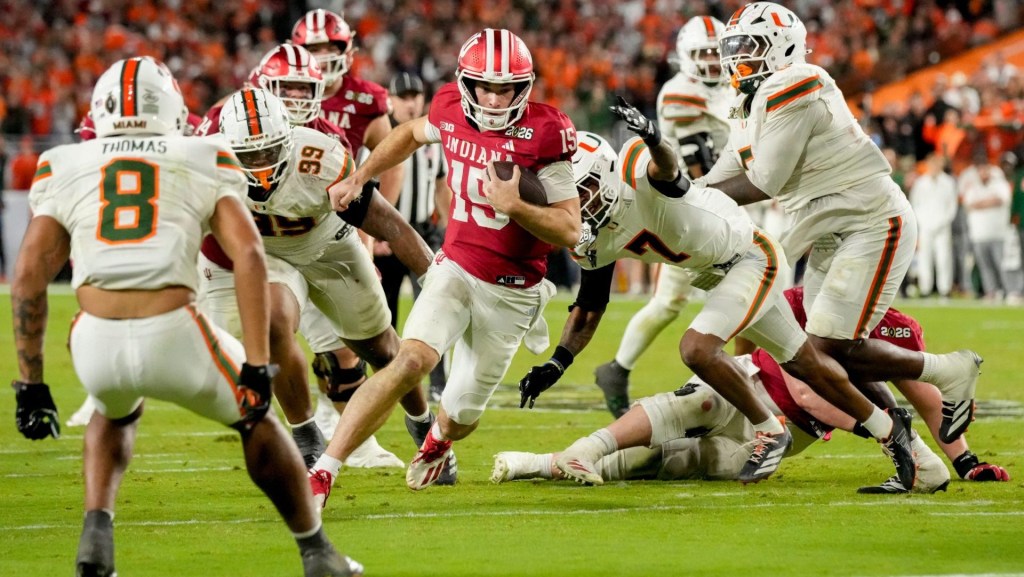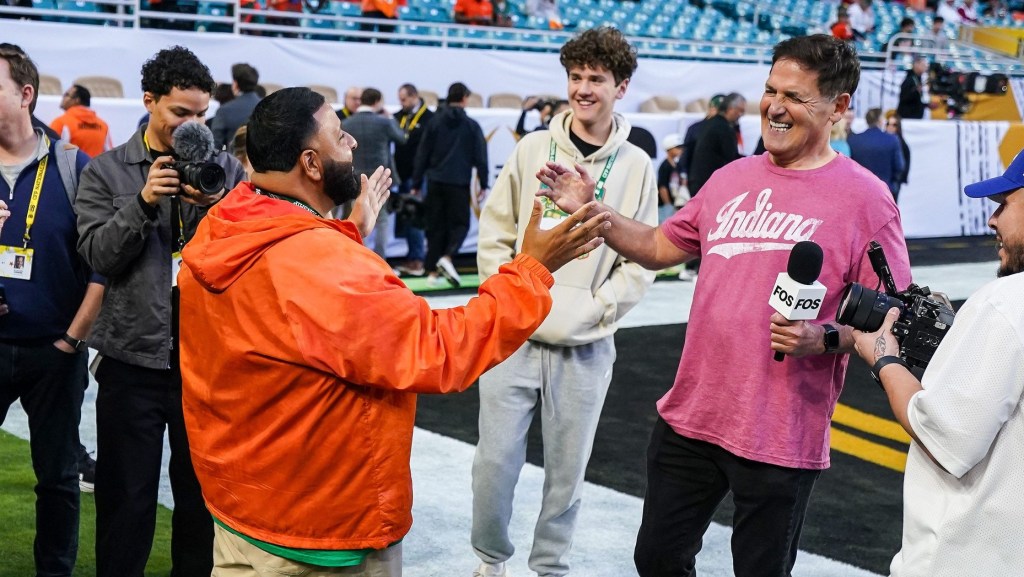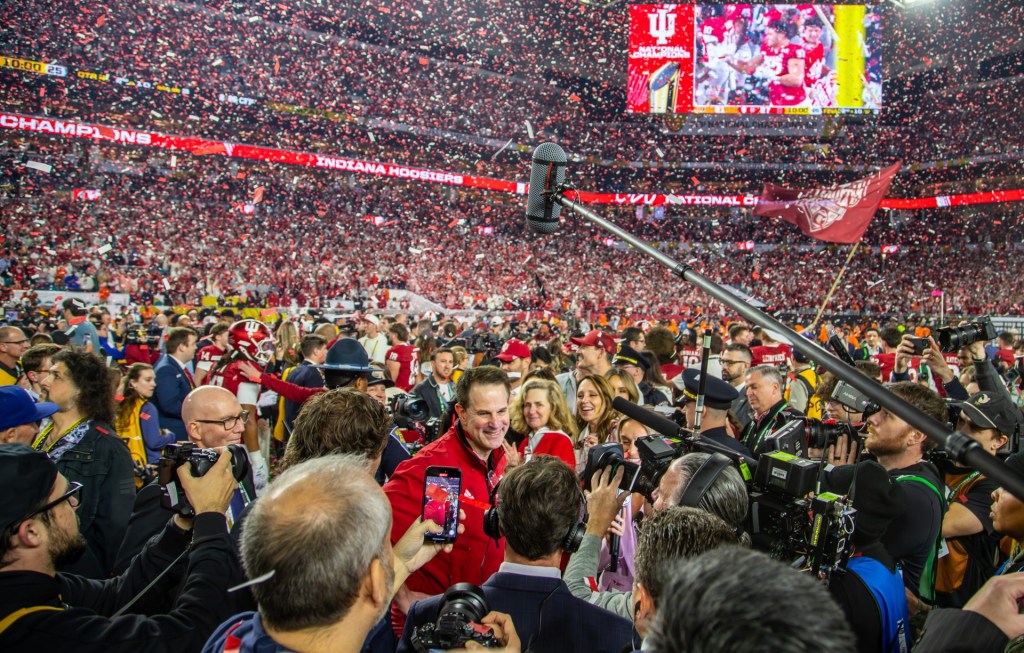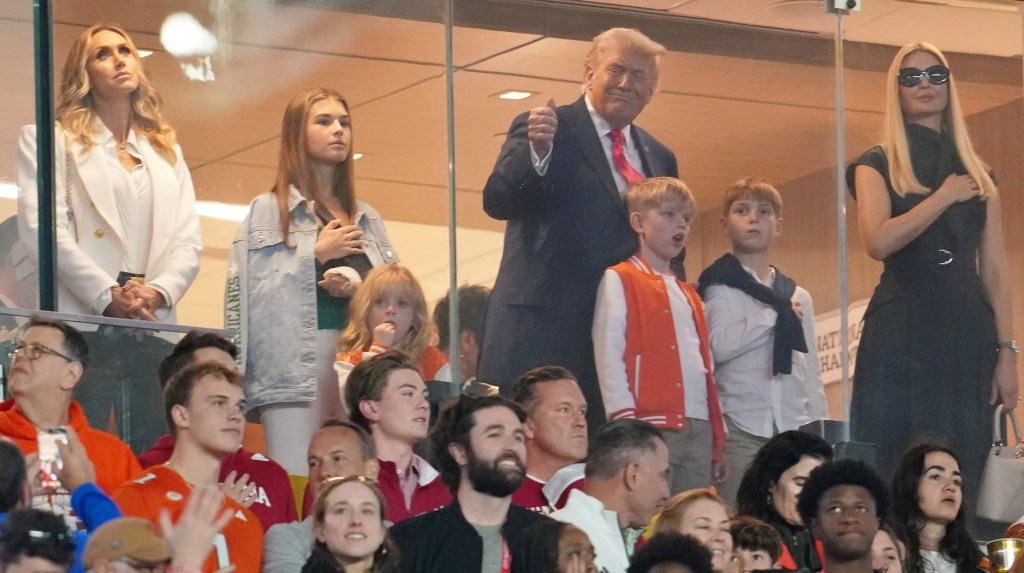College athletes will not be allowed to bet on professional sports.
The NCAA received the requisite two-thirds votes from Division I schools to rescind the rule allowing players in all divisions to bet on professional sports, the governing body announced Friday.
The vote was part of a governance process to rescind a rule after it was passed by NCAA committees in all three divisions.
In late October, NCAA committees made up of school and conference officials voted to allow college athletes to bet on pro sports without penalty; the rule would have taken effect on Nov. 1.
But days after the NBA sports betting scandal broke, the NCAA’s Division I Board paused the decision.
The process allowed 30 days for all Division I schools to cast a request to rescind the rule through an online portal. If two-thirds of the 361 D-I schools voted to rescind, the rule would be tossed out for all three divisions. Implementation of the rule was postponed until Nov. 22 while voting took place. (The NBA scandal wasn’t the only reason the rescission process was triggered, a source familiar with the matter previously told FOS).
The NCAA announced the results of the vote just 30 minutes before the 5 p.m. deadline on Friday, suggesting it came down to the wire. St. John’s issued the 241st vote to rescind the rule and trigger the two-thirds majority needed.
The voting process also appeared to reveal a change of heart for officials across the power conferences.
Originally, the two representatives from the Big Ten and two representatives from the SEC on the Division I Cabinet voted in favor of changing the betting rule—inculding representatives from conference offices. Both ACC representatives voted against the proposal, as did one of the two Big 12 representatives. In total, five out of eight power conference and school representatives voted in favor of the proposal.
But just weeks after that vote took place in early October, SEC Commissioner Greg Sankey requested the rule be revoked. All 16 of the conference’s schools then voted to rescind the rule, an SEC spokesperson confirmed to FOS.
Overall, about 80% of power conference schools reportedly requested to void the rule. FOS did not immediately receive numbers from the ACC, Big 12, and Big Ten.
